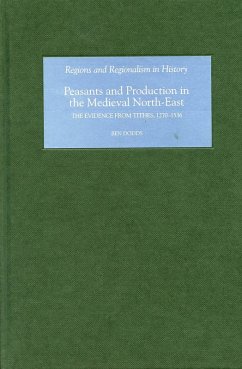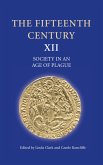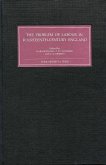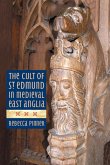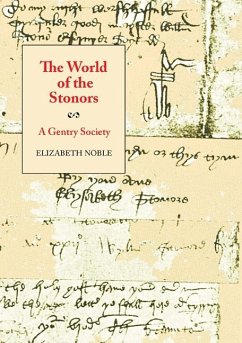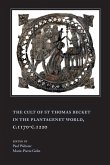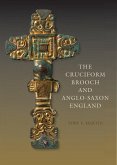Evidence from unused sources sheds much light on the peasant economy of the later middle ages.
The peasant economy in north-east England, and indeed throughout the country as a whole, underwent many changes during the later Middle Ages, but owing to the lack of evidence it has been difficult to come to definite conclusions.This pioneering survey uses previously unexploited sources, principally from tithe data, to offer new interpretations of the patterns for change and the scope for adaptability. The author argues that the peasant economy in this region of England was profoundly affected by war in the early fourteenth century and then disease with the arrival of the Black Death in 1349, calling into question the orthodox theories of overpopulation in explaining the "crisis"of the late Middle Ages: even at its medieval peak, the population of northeast England was sparse by comparison with areas further south. Nor did the availability of land and improved living standards lead to demographic recovery in the fifteenth and early sixteenth centuries. He also shows that despite their vulnerability to crises, peasant cultivators were highly responsive to change. Far from being primitive subsistence farmers oblivious to the marketand its signals, medieval peasants in the Durham region were subtle and successful decision-makers regarding the production and marketing of their output.
BEN DODDS is Lecturer in History at the University of Tallahassee.
The peasant economy in north-east England, and indeed throughout the country as a whole, underwent many changes during the later Middle Ages, but owing to the lack of evidence it has been difficult to come to definite conclusions.This pioneering survey uses previously unexploited sources, principally from tithe data, to offer new interpretations of the patterns for change and the scope for adaptability. The author argues that the peasant economy in this region of England was profoundly affected by war in the early fourteenth century and then disease with the arrival of the Black Death in 1349, calling into question the orthodox theories of overpopulation in explaining the "crisis"of the late Middle Ages: even at its medieval peak, the population of northeast England was sparse by comparison with areas further south. Nor did the availability of land and improved living standards lead to demographic recovery in the fifteenth and early sixteenth centuries. He also shows that despite their vulnerability to crises, peasant cultivators were highly responsive to change. Far from being primitive subsistence farmers oblivious to the marketand its signals, medieval peasants in the Durham region were subtle and successful decision-makers regarding the production and marketing of their output.
BEN DODDS is Lecturer in History at the University of Tallahassee.
Dieser Download kann aus rechtlichen Gründen nur mit Rechnungsadresse in A, D ausgeliefert werden.

